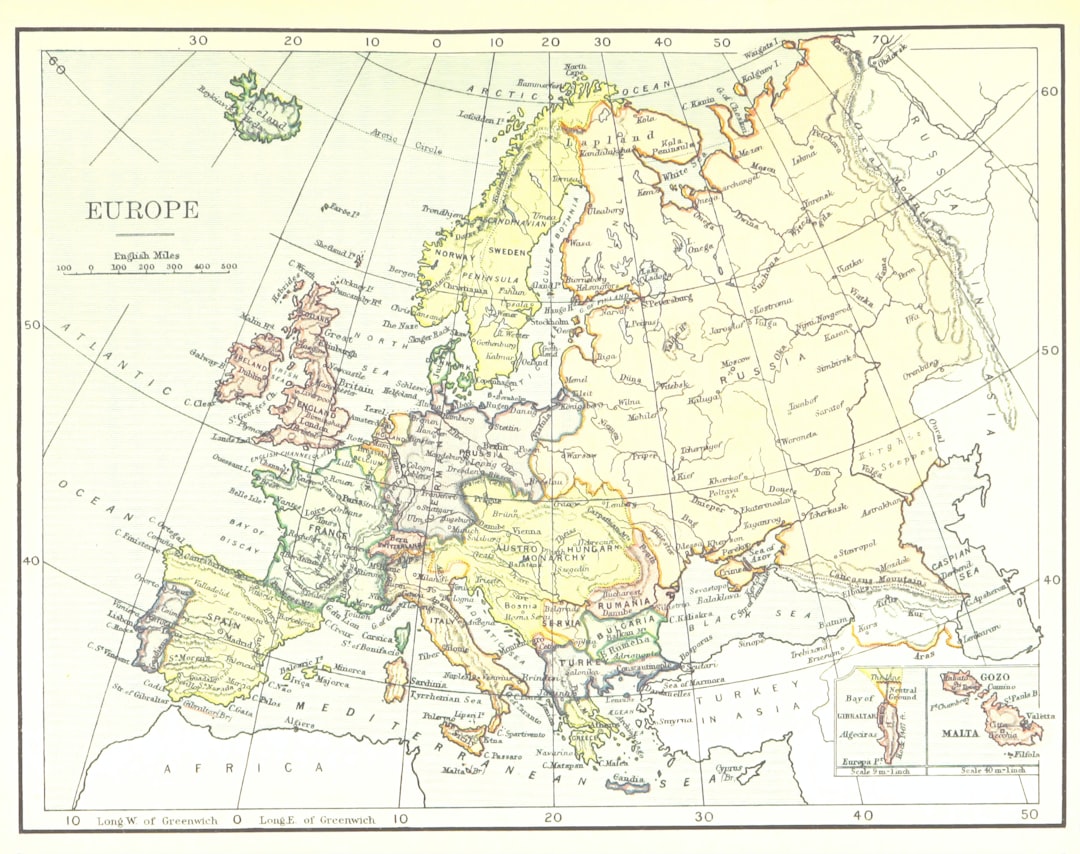What is it about?
This article situates the category of the personal law in late colonial India in the nineteenth-century genealogy of the idea of family law. In doing so, it also looks at a case between Indian Muslim spouses before the famed judge and Islamic modernist Syed Mahmood. Involving the doctrine of the restitution of conjugal rights, the case was conducted in the shadow of a question about whether marriage was a status or contract that had a much wider resonance in the late nineteenth century Anglo-common law world. The overall goal of the article is to critically reconsider a common view about legal modernization in the long nineteenth century Afro-Asian arena as a process of domesticating native juridical tradition to the sphere of family affairs and personal status. Working along a distinct path from other new scholarship on law and empire that is moving past this thesis in the specific context of the nineteenth century Islamicate world, I suggest that the domestication of the sharīʿa should instead be seen as part of what some have called the globalization of classical legal thought after 1850. Because the era of supposed domestication was still undoubtedly an important point of reference for later exponents of political Islam, the article also argues that seeing the categories of personal law and family law genealogically has important implications for the problem of translation that complicates any equivalence between “Islamic law” and “sharīʿa” (and between “modern law” and Afro-Asian juridical tradition more generally). This is because even though the translation problem is acknowledged in theory, it has been all too easy to forget in scholarly practice. In the context of contemporary territorial-bureaucratic states in the Muslim world more specifically, therefore, the article argues that seeing personal law and family law genealogically ultimately sharpens the translation problem in a way that must undermine any ideal of a sharīʿa-based rule of Islamic law.
Featured Image
Why is it important?
Law, Islam, Modernity
Read the Original
This page is a summary of: Rethinking the Nineteenth-Century Domestication of the Sharīʿa: Marriage and Family in the Imaginary of Classical Legal Thought and the Genealogy of (Muslim) Personal Law in Late Colonial India, Law and History Review, October 2017, Cambridge University Press,
DOI: 10.1017/s0738248017000384.
You can read the full text:
Contributors
The following have contributed to this page










